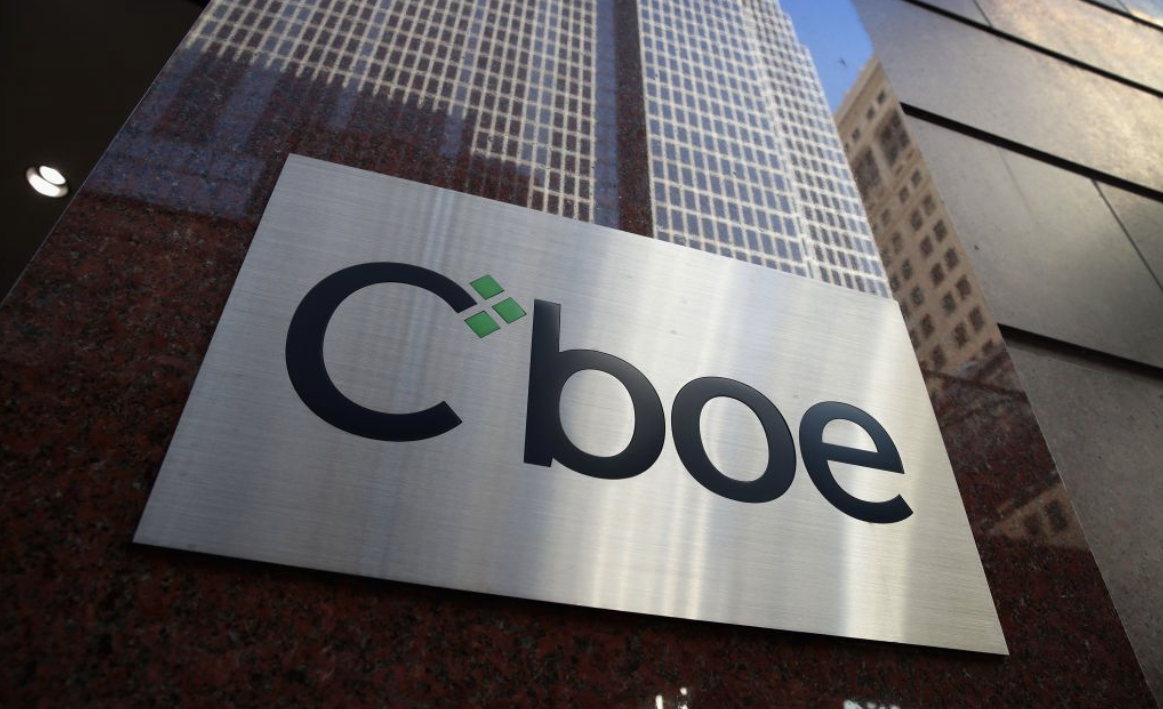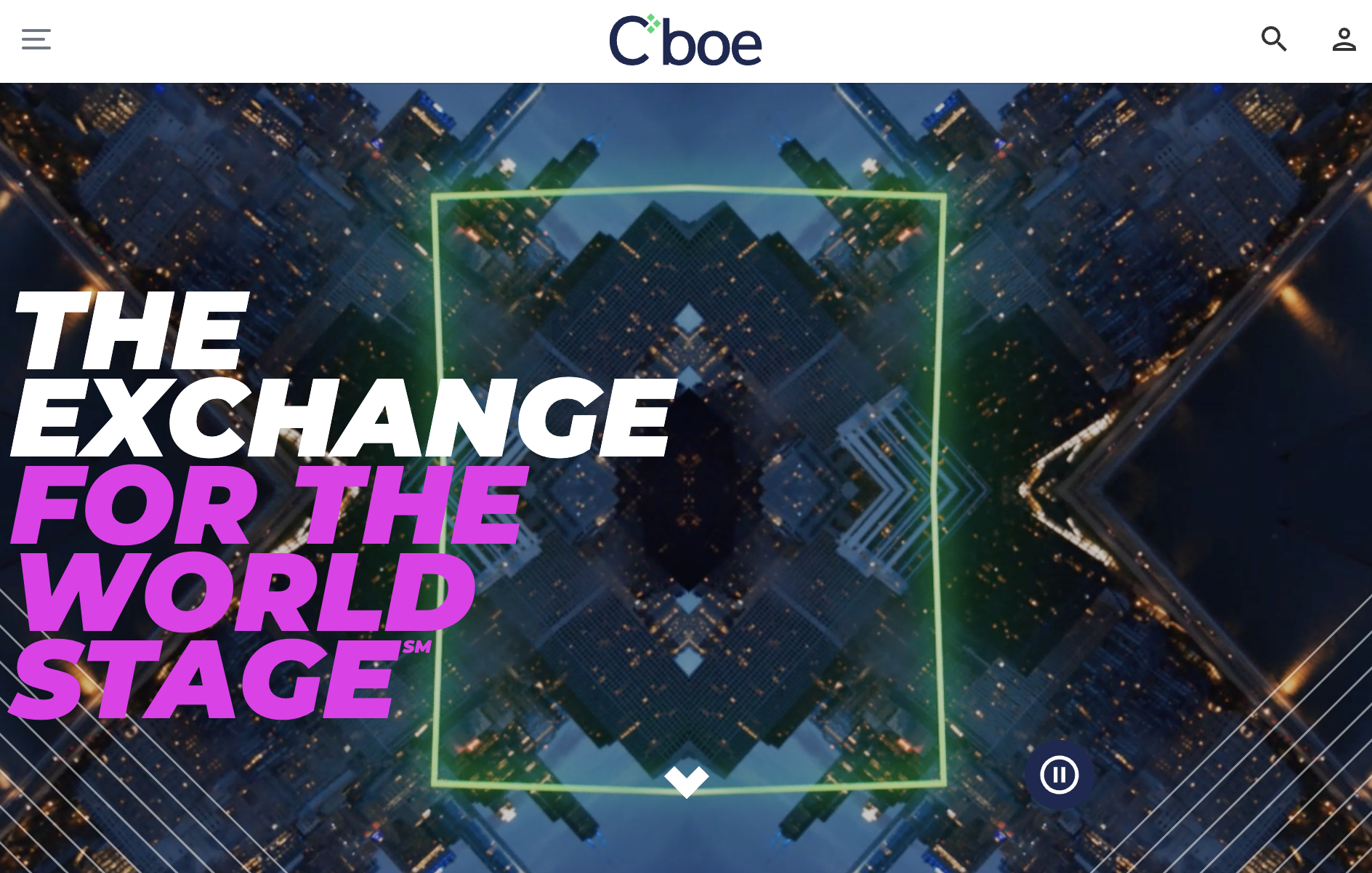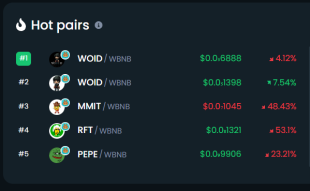Join Our Telegram channel to stay up to date on breaking news coverage
US regulators have approved Cboe’s margin futures for Bitcoin and Ether amid growing concerns in the crypto industry. Cboe’s approach diverges from FTX, focusing on reliability and stability. The approval was seen as a triumph for the US crypto industry, and here’s everything you need to know about it.
U.S. Regulator Approves Cboe’s Margined Futures for Bitcoin and Ether Amidst Growing Crypto Industry Concerns
In a significant development on Monday, the U.S. Commodity Futures Trading Commission granted approval to Cboe, one of the prominent options exchanges in the United States, to introduce margined futures contracts for Bitcoin and Ether.
This announcement comes at a time when certain sectors of the U.S. cryptocurrency industry are seeking refuge abroad due to concerns over “regulation by enforcement.” John Palmer, the president of Cboe Digital, considers this progress as a positive step forward amidst uncertain times.
Palmer expressed his viewpoint during an interview, emphasizing that the expansion of the regulatory framework in the United States is underway rather than a contraction. He acknowledged the collaborative efforts of both Cboe Digital and the regulators, stating that the approval exemplifies the diligent work conducted by both sides.
Futures contracts are a form of derivative contracts wherein participants speculate on the price fluctuations of assets such as Bitcoin and Ether. While institutional investors commonly employ this tool, it is gaining popularity among retail investors, particularly within the crypto space.

Cboe Digital had previously provided cryptocurrency futures contracts without the provision for margin trades. This meant that traders had to furnish the complete value of a Bitcoin in order to participate in the buying or selling of futures contracts.
However, with the introduction of margin contracts, traders only need to provide a fraction of the value initially, necessitating less upfront capital and enabling the potential for higher returns on deployed funds.
While various platforms, like the CME Group, provide margin futures contracts for cryptocurrencies, Palmer emphasizes the exceptional nature of Cboe’s approval. What sets it apart is that Cboe Digital facilitates spot trading within its own entity, enabling users to engage in trades based on the real-time market prices of assets such as Bitcoin and Ether.
Palmer explained that this arrangement benefits various traders, such as market makers who enhance liquidity on exchanges, and customers seeking greater efficiency for strategies like basis trading, which involve capitalizing on price differentials between spot and futures contracts.
Cboe’s approval coincides with a period where crypto companies like Coinbase and Gemini are establishing derivatives exchanges offshore. Although Palmer acknowledges that their primary motivation is to offer a specific type of crypto derivatives contract called perpetuals that has yet to receive domestic approval, he commends the work of U.S. regulators.
Irrespective of regulatory clarity or the regulatory entity involved, Palmer expresses confidence in working collaboratively with regulators to expand the asset class within the United States responsibly. He considers this approval a triumph for the U.S. crypto industry.
Divergent Approaches – Cboe vs. FTX’s Contrasting Strategies in Futures Contract Management
In contrast to the approach presented by the defunct crypto exchange FTX, Cboe’s strategy, as elucidated by Palmer, diverges significantly. FTX had submitted a proposal to the CFTC, aiming for approval of an alternative approach to managing futures contracts.
Unlike Cboe, where users cannot directly purchase futures contracts from the platform, FTX aimed to eliminate intermediaries and allow customers to post margin directly to FTX without brokers.
This disintermediation process faced significant criticism from traditional finance players, who expressed concerns about increased accessibility to risky investment products for retail investors and placing greater responsibility on platforms.
Palmer described Cboe’s approach as a very traditional model that has proven its effectiveness over time. This approach has been embraced for its reliability and stability.
Following the approval of Cboe’s proposal, CFTC commissioner Christy Goldsmith Romero issued a statement endorsing Cboe’s approach. She highlighted Cboe’s extensive experience of over 50 years in operating exchanges and expressed reservations about the proposed FTX model, emphasizing the potential risks it posed to customers’ bankruptcy priority, customer protections, and overall financial stability.
Cboe Aims for Global Expansion with Focus on Australian Corporate Listings
Cboe Global Markets, after acquiring Chi-X in July 2021, has set its sights on expanding its corporate listings in multiple countries, including Australia, in the coming year.
With a strong presence in the secondary market for stocks and derivatives trading, Cboe holds over 20% of the market share and achieved a record-breaking trading volume of nearly $6 billion in a single day.
Furthermore, Cboe has gained popularity as a preferred platform for asset managers looking to launch actively managed exchange-traded funds (ETFs). However, attracting substantial fund flows has not been without challenges.
The decision to pursue local listings follows the appointment of Emma Quinn as the Chief Executive Officer, succeeding former CEO Vic Jokovic upon his retirement in March.
Since joining the company, Quinn has successfully overseen a technology migration, made significant board appointments such as Cathie Armour, a former Australian Securities and Investments Commission official, and strengthened the exchange’s marketing and block and large-sized trading execution service teams.
Launching a local listing offering will be a major undertaking for Quinn, requiring collaboration with corporations, brokers, and regulatory authorities.
By entering the IPO market, Cboe enters a new arena in its competition with the Australian Securities Exchange (ASX). However, challenging the ASX’s longstanding dominance in this field will undoubtedly pose a significant challenge.
To gain traction, Cboe must demonstrate its unique value proposition to companies and their advisors, a daunting task given ASX’s liquidity advantages and the relatively low barriers to entry in terms of listing fees.
Nevertheless, Australia presents ample business opportunities, boasting a remarkable number of publicly listed companies—1,900, surpassing the figures of 1,850 in the United Kingdom, 3,750 in Japan, and 2,350 in Hong Kong, as per World Bank data.
Related Articles
- Best Trading Platforms
- Learn about CFD Trading
- Goldman Sachs, Microsoft, Deloitte, and Other Tech Companies Team Up to Launch Blockchain Network
- Bitcoin, Ethereum Futures To Launch On Coinbase Derivatives Exchange
Best Wallet - Diversify Your Crypto Portfolio
- Easy to Use, Feature-Driven Crypto Wallet
- Get Early Access to Upcoming Token ICOs
- Multi-Chain, Multi-Wallet, Non-Custodial
- Now On App Store, Google Play
- Stake To Earn Native Token $BEST
- 250,000+ Monthly Active Users
Join Our Telegram channel to stay up to date on breaking news coverage


